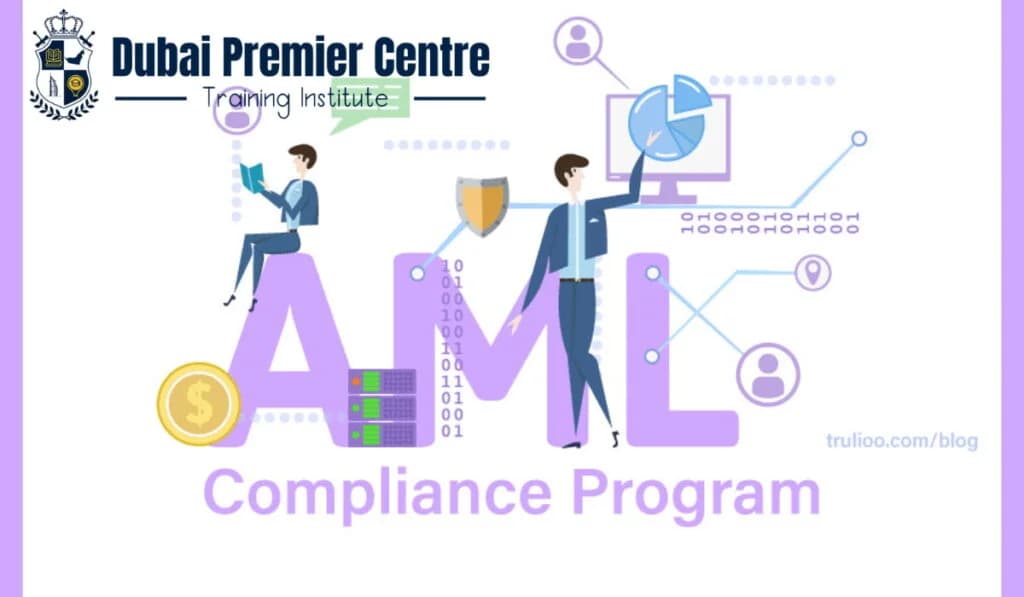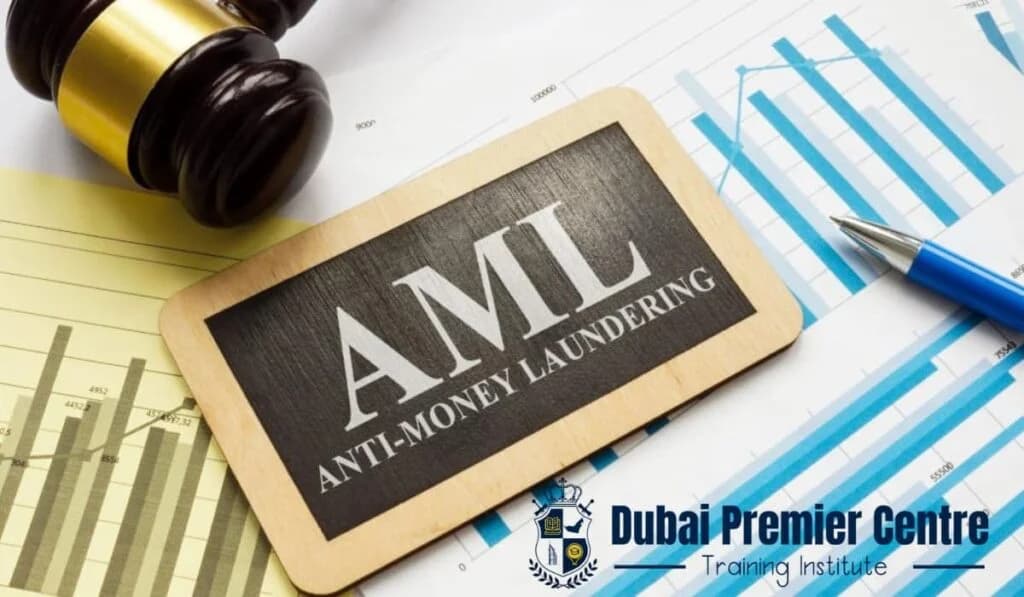What is an anti-money laundering check, and why is it important

It is important for every business to know about anti-money laundering checks. These are the important steps that companies take to stop illicit money activities. These checks help organizations to find the real identity of customers and assess if they might be involved in any suspicious actions. It protects companies from fraud or being used by criminals. AML checks help to keep the financial system strong and secure.
These checks simply identify the customer's identity through the Know Your Customer(KYC) process. In addition, it can also be used for methods such as checking customers against watchlists in real time. When beginning to work with new clients or observing any dubious behavior, businesses are legally obligated to conduct AML checks.
If organizations fail to carry out these checks, it can pay fines or large penalties. The government also took legal action against these companies. So, AML checks are an important step to follow for every business to stop financial crime.
What is an anti-money laundering check?
Anti-money laundering checks are a step to find out if a customer is involved in hiding or laundering illegal money. By law, businesses have to do these checks on their clients to follow AML rules that stop money laundering.
Four main steps in an AML check
- Gathering and checking information: It is the initial step in which the company gathers customers’ details such as name, birthday, address, nationality, ID, proof of address, source of money, and why they want to do business with this money. Companies also ask the customer about who owns or controls the business
- Checking against the watch list: Companies look at the detailed list of other companies or countries that include the names of people highlighted by the government because of involvement in illegal activities
- Watching transactions: The organization tracks the customer’s every action regarding money spending. This is because of being alert, especially if they find anything strange or suspicious that might show illegal money movements
- Reporting suspicious actions: If an organization finds something wrong, it approaches the right authorities and tells them about the person to stop financial crime
5 important anti-money laundering checks
To make sure you are up to speed in this digital world, read this section carefully. Here we discuss the 5 important anti-money laundering checks. Let's start!
1. Know your customer(KYC) verification
KYC stands for verifying who the customer is. It involves requesting ID documents such as passports or driver's licenses and proof of residence, for example, bills or bank documents. This assists in preventing nasty individuals from using the service.
Recommendations for KYC
- Request genuine ID documents such as passports or ID cards
- Verify the home address with bills or lease documents
- Determine who owns or has control of the business
- Find out where the customer's money originates from, such as pay slips or tax documents
- Verify if the customer or business is risky by location or type of work
2. Transaction monitoring
To spot anything strange, businesses need to keep an eye on every transaction of a customer. This involves unusual or large deposits, withdrawals, or transfers. Organizations should use advanced methods or systems to find patterns or warning signs that highlight money laundering.
How to monitor transactions
- Set certain rules to catch suspicious transactions or find out any strange activity in transaction data
- Check transactions regularly, this helps to catch problems early
- Review the accounts of customers regularly to find any suspicious signs
- Look for signs like large cash deals, strange activity patterns, or transactions linked to risky countries
3. Sanctions monitoring
Firms need to screen customers and transactions against government and international sanctions lists to prevent banned individuals or groups.
Key Steps
- Regularly update lists from sources such as the UN, EU, and governments.
- Automated tools for real-time screening against customer information.
- Manually review complex cases or flagged matches.
- Carefully screen all parties involved, including concealed owners and partners.
This avoids illegal transactions and maintains compliance with global regulations.
4. Politically exposed person screening
Potentially exposed persons(PEPs) are people who are government employees, leaders, or judges. Companies need to become extra careful when dealing with PEPs to prevent complexities such as money laundering or corruption.
How to check PEPs:
- Make specific rules to find PEPs, including their relatives
- Get deep details about PEP’s job, their money resource, and their business
- Carefully watch any changes occur in their job or business
- Assess the risk level of the PEP by examining factors such as the corruption level in the country and the PEP’s position
5. Suspicious activity reporting
If a company believes that a customer or transaction could be associated with money laundering, it has to file a Suspicious Activity Report (SAR) with the appropriate government agency. SARs assist police and investigators in nabbing and preventing financial crimes.
Simple Steps for SARs
- Search for indicators of suspicious behavior, such as large cash transactions, unusual patterns of activity, or transactions with high-risk countries
- Determine when something appears suspicious based on the customer's risk and the nature of the transaction
- Establish specific guidelines for detecting, verifying, and reporting suspicious activity promptly
- Maintain accurate records of all reports, why they were made, and what was done after.
This keeps businesses secure and aids law enforcement.
Why are AML checks important?
Conducting AML checks is a regulation that some companies and organizations have to abide by. It also keeps them secure from money issues and a bad reputation. Some pros of conducting AML checks are:
- Obedience to local and global regulations and laws
- Staying away from fines, penalties, or court cases
- Preventing cheating, stealing, bribery, or other money offenses
- Establishing trust and good sentiments with customers
- Making work smoother and quicker
- Assisting society and protecting the world
With an AML check, businesses can reduce the risk of money laundering
Through the execution of an AML check, businesses can substantially lower the risk of money laundering and protect themselves from financial crime. Such checks help companies comply with legal requirements, build trust with clients, and uphold a good reputation by stopping illegal money from entering the system. By utilizing methods like KYC, risk evaluation, and transaction oversight, businesses can detect and avert dubious actions. Staff also need training to learn how to use these checks properly. Dubai Premier Center Training Institute provides an Anti-Money Laundering (AML) Compliance Masterclass to equip professionals with the required capabilities for effective AML compliance.
Read Related Articles





